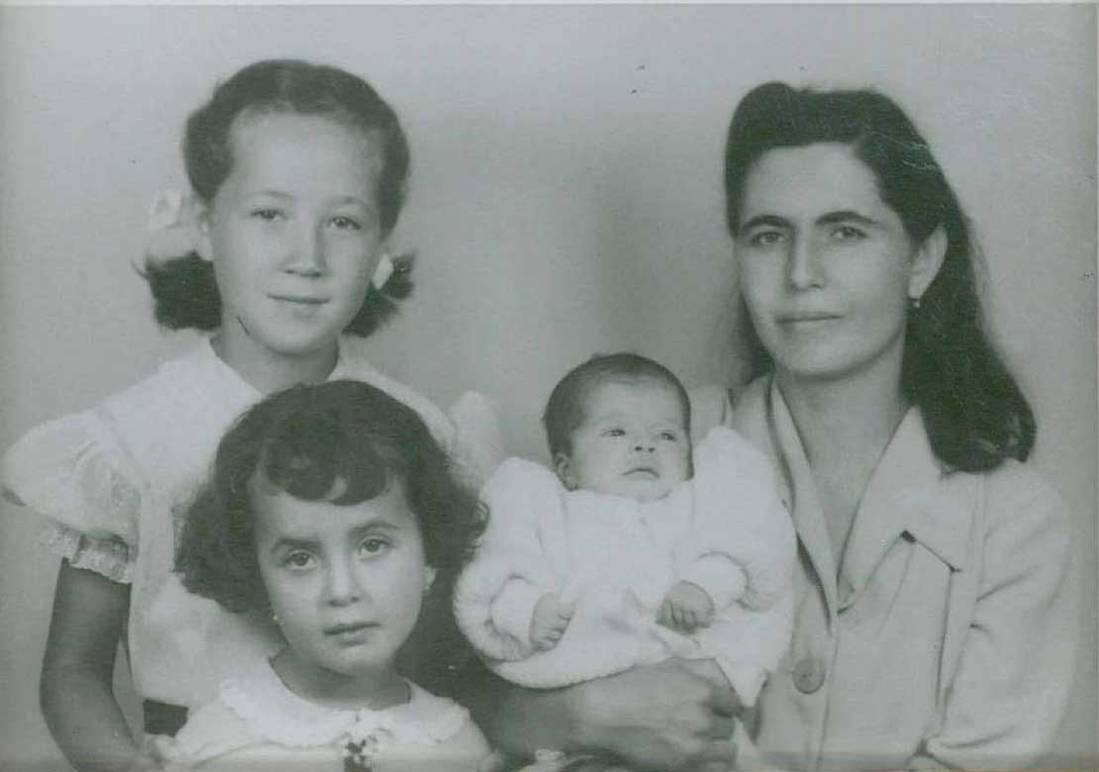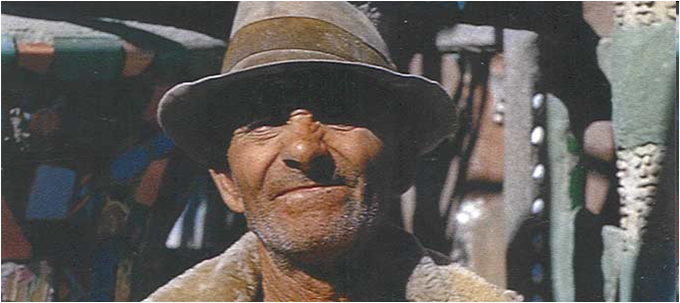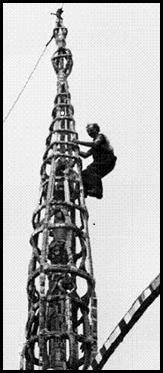Our Personal Immigrant Heroes
The image above is me in my very first passport picture, in my mother’s arms, with two sisters, about to embark for Canada at the port of Naples in December of 1956. (My father had emigrated to Toronto the year before to earn our passage.) Although born and raised about 100 km. from Rome and from Naples, my mother had never travelled outside our hometown of Terracina. And now she was to traverse the Atlantic by ship and then to cross half a continent from Halifax (Pier 21, Canada’s Ellis Island) to Toronto by train, alone with her daughters. I have always referred to my parents as “economic refugees” due to the dire situation in which they (like so many others) found themselves after WWII. My father had served in the Italian army, and had spent time in a German POW camp.
My mother had had to flee to the mountains when retreating German troops came to occupy and then to bombard their homes. Like fellow Terracinesi, they had personally experienced hunger plenty of times and had faced danger and humiliation to sustain themselves. A fine irony that my father had been both a contadino (farmer) and a fisherman before emigrating, and still could not adequately satisfy their subsistence needs. My mother’s father had actually perished from malnutrition during the war. A long story.
It’s taken me a professional lifetime as an ethnographer, oral historian, and folklorist, to painstakingly piece together that story—both as family and cultural history—and to coax the ancestors’ dead bones to tell their tales. The journey of discovery began in Canada, continued in Italy (two years at the University of Florence), and ultimately flourished in Los Angeles, where I have lived since 1981 (Ph.D. at UCLA, Professor of Italian Folklore, Founder-Director of the Italian Oral History Institute). I think family memories of hardship form one of the reasons—that is, exorcising those ghosts of hungers past—that prompted me to research and write about food rituals (St. Joseph’s Tables) and food utopias (Paese di Cuccagna), to perpetuate a cultural model that searches for abundance and release from the fear of hunger, that celebrates hospitality. What prompts peoples to embark on perilous, unknown journeys in search of hospitable lands, if not desperation? For the vast majority of people around the world, the motives remain: hunger, oppression, war. These are good reasons to leave home. We should never demonize such people. They are us. This was our past. We pray it will never be our future. But it might.
And one hopes that hospitality received might lead to hospitable acts in turn. That those who have personally experienced migration, or whose families have, might not forget, might not seek to close the door behind them. It never ceases to astound me, when faced with ungenerous betrayers of that immigrant history, how they may insist that these present immigrants and refugees are different. They shouldn’t be here. They are a threat. They don’t share our values. In short: they are not like us. I won’t refer to a long list of scholars who have researched and written on just these issues; i.e., of how similar words and acts have historically been used against Italian migrants themselves; and how analogous xenophobic prejudice and violence had been perpetrated on them. Sadly, it seems to be woven into the history of our nation of immigrants. Nor will I preach on the Golden Rule—the only value shared across all religions—which ultimately makes of us one human family. It’s a simple act of empathy which helps us conclude that we must always act from compassion, not fear. One of my late father’s favorite sayings, was: fa bene e riscòrdatelo (‘do good and forget about it’). The flip side, of course, is: do evil and always watch your back because it will return to haunt you.
No, as for me, I’ll stick with my personal immigrant heroes, such as uncle Sabato (Sam) Rodia (1879-1965). Look him up. After having been sent alone on a long journey as a boy, far from his own parents in Serino, Italy, after having suffered many losses, he worked his way across America, and, even losing his way temporarily as a hobo and a drunk, he nonetheless found his inner resources and then chose to express gratitude by building something extraordinary, the monumental Watts Towers.
He built them alone, over the span of 33 years, not only because he wanted to do “something big,” but to open his arms and embrace all: “I build the tower, people like, everybody come.” We need such acts of public celebration of us all, because we all belong, in the end—therein lies the promise of America. Even those who seem to be quite strange to us, unable to fit in (like Rodia himself, an “outsider” in so many ways), can contribute in unexpected, and sometimes spectacular ways, when they are given the opportunity of fully expressing their lives in a relatively welcoming and free society. We must build upon the common ground of our professed ideals. That is, we must all express, work for, and manifest the ideals at the heart of this nation. These are the values embodied by the torch-bearing Statue of Liberty which used to greet all ship-faring immigrants as they approached from the East: hospitality and embrace. Let’s return to that—not walls and bans.
Luisa Del Giudice, Independent Scholar, Los Angeles









































i-Italy
Facebook
Google+
This work may not be reproduced, in whole or in part, without prior written permission.
Questo lavoro non può essere riprodotto, in tutto o in parte, senza permesso scritto.